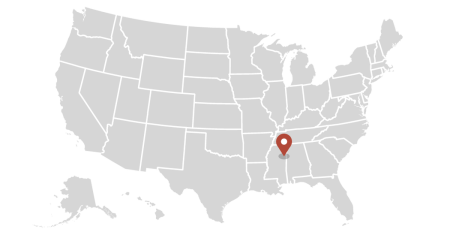The Shark Lab at Cal State Long Beach in California is facing a potential funding crisis that could lead to a reduction in shark monitoring along the coast. Director Chris Lowe expressed concerns about a possible limit on state funding by the middle of the summer, prompting the lab to seek $7 million in private sector funding to sustain its operations. Without additional funding, the lab may have to pull out all equipment from the water after June, resulting in the cessation of shark monitoring activities in California.
The lab, known for its real-time shark tracking system developed as part of a shark safety program initiated by California in 2018, plays a crucial role in sending notifications to lifeguards when sharks are detected near beaches. Lowe emphasized the importance of shark monitoring in understanding shark behavior patterns and ensuring the safety of both swimmers and sharks. The potential funding cut to the lab could jeopardize the effectiveness of shark mitigation efforts, making it challenging for lifeguards and the public to anticipate and respond to shark activity along the coast.
The looming funding crisis facing the Shark Lab is attributed to a state budget deficit of $38 billion, making it difficult to secure further funding from state legislators. Lowe’s efforts to request additional funding for the lab have met with uncertainty, leaving the future of shark monitoring in California uncertain. The concern over the potential decline in shark monitoring comes at a time when shark attacks have been documented in various states, including California, Hawaii, Florida, Maine, North Carolina, and Massachusetts, highlighting the importance of continued monitoring and mitigation efforts.
Despite the recent shark attacks in various states, none of the attacks in the U.S. this year have been fatal, with four of them categorized as “provoked” attacks. The most recent shark attack in California occurred in October 2023 when a kite surfer, Felix Louis N’Jai, disappeared near Wildcat Beach in Marin County. As the Shark Lab struggles to secure funding for its monitoring activities, the potential impact on shark safety and public awareness of changing shark movement and behavior patterns is a cause for concern.
The significance of shark monitoring in California cannot be overstated, particularly in light of the state’s efforts to mitigate shark-related risks and enhance public safety. The Shark Lab’s initiatives, including its real-time shark tracking system, have been instrumental in safeguarding beachgoers and maintaining a balance between human activities and marine ecosystems. As the lab faces a critical juncture in its funding, stakeholders must rally support to ensure the continuity of shark monitoring efforts and the sustainability of marine life conservation along the California coast.
In conclusion, the warnings issued by the Shark Lab in California alarmingly signal a potential decrease in shark monitoring activities if additional funding is not secured. The need for continued monitoring to understand and respond to shark behavior patterns underscores the critical role played by the lab in promoting public safety and environmental conservation. As efforts are made to address the funding challenges, it is imperative for stakeholders, legislators, and the private sector to come together to support the Shark Lab in its mission to protect both sharks and beachgoers along the California coast.














